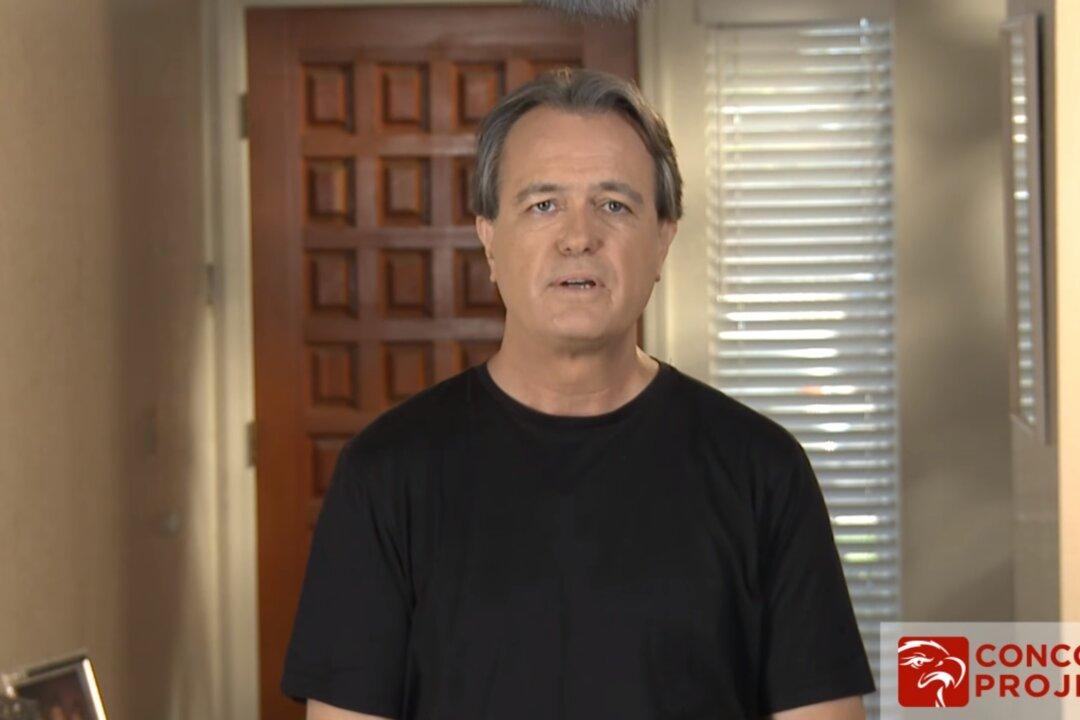The movement to have conservatives take control of the GOP by picking up local party positions has moved the needle since gaining more attention over the past year. But it hasn’t been enough, according to the man spearheading the initiative.
The strategy works by filling Republican Party positions on the lowest, precinct level. About half of such positions have been vacant, based on rough estimates. These lowest-level party members, often called “precinct committeemen” or “precinct delegates” then elect members of the higher-rung committees who then elect yet higher party echelons, all the way to the national leadership, the Republican National Committee (RNC).





